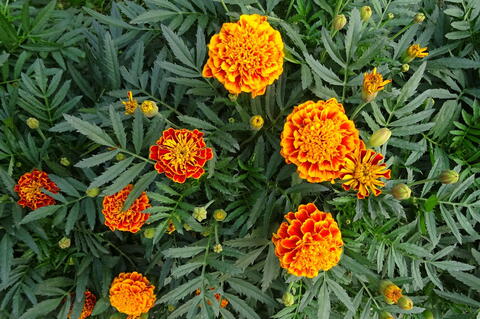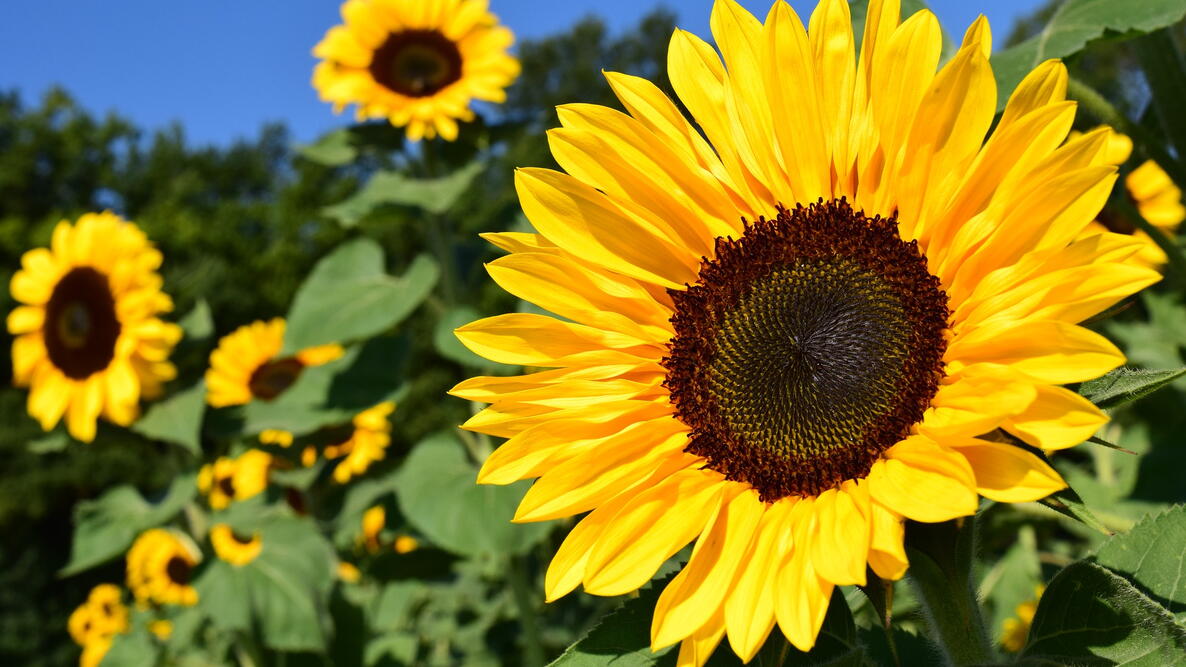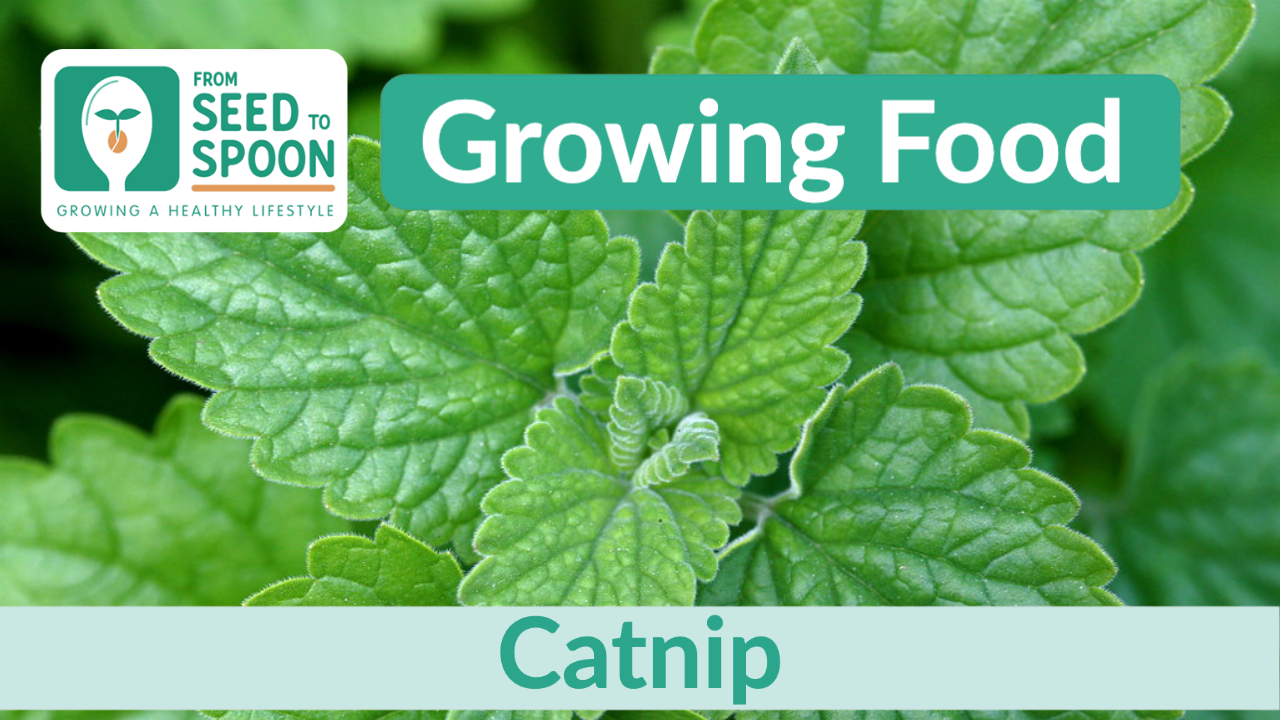The Best Companion Plants For Luffa: Plants That Will Help Your Luffa Thrive
Title: The Best Companion Plants for Luffa: Plants That Will Help Your Luffa Thrive
Introduction:
Luffa is a type of gourd that can be grown for its edible fruit or its fibrous inner lining, which can be used as a natural sponge. Luffa is a relatively easy plant to grow, but it can benefit from being planted with certain companion plants. Companion planting is the practice of planting certain types of plants together to enhance their growth and productivity.
In this blog post, we will discuss the best companion plants for luffa. We will also provide some tips on how to plant and care for luffa, so that you can grow healthy and productive plants.
Main Content:
The Best Companion Plants for Luffa
The following are some of the best companion plants for luffa:
- Beans: Beans are a nitrogen-fixing plant, which means that they can help to improve the soil quality for luffa. They can also help to deter pests and diseases.

- Onions: Onions have strong insecticidal properties, which can help to protect luffa from pests. They can also help to improve the flavor of luffa fruit.
- Marigolds: Marigolds are a natural insect repellent, which can help to keep pests away from luffa plants. They can also help to improve the soil quality.

- Sunflowers: Sunflowers are tall plants that can provide shade for luffa plants. They can also help to attract pollinators, which can help to improve fruit production.

- Peas: Peas are another nitrogen-fixing plant that can help to improve the soil quality for luffa. They can also help to deter pests and diseases.
- Nasturtiums: Nasturtiums are a flowering plant that can help to attract pollinators, which can help to improve fruit production. They can also help to deter pests.

- Catnip: Catnip is a herb that can help to deter pests, such as mosquitoes and aphids. It can also help to attract pollinators.

- Oregano: Oregano is a herb that can help to deter pests, such as aphids and whiteflies. It can also help to improve the flavor of luffa fruit.
Tips for Planting and Caring for Luffa
- Luffa plants need full sun and well-draining soil.
- Luffa plants should be planted 18 inches apart.
- Luffa plants need regular watering, especially during the hot summer months.
- Luffa plants are susceptible to pests and diseases, so it is important to monitor them closely.
Conclusion
By planting luffa with the right companion plants, you can help to ensure that your plants grow healthy and productive. By following the tips above, you can also help to prevent pests and diseases.
Some good companion plants for luffa include:
- Beans
- Onions
- Corn
- Peas
- Marigolds
- Radish
- Nasturtiums
- Catnip
- Oregano
These plants help to attract beneficial insects, improve soil drainage, and suppress weeds. They can also help to deter pests such as beetles, aphids, and powdery mildew.
For more information about companion plants for luffa, visit Home Gardening.
FAQ of companion plants for luffa
Question: What are some good companion plants for luffa?
Answer: Some good companion plants for luffa include:
- Beans: Beans fix nitrogen in the soil, which is beneficial for luffa. They also help to suppress weeds.
- Onions: Onions repel pests such as aphids and cucumber beetles, which can damage luffa plants.
- Corn: Corn provides a trellis for luffa vines to climb, and it also helps to attract pollinators.
- Peas: Peas fix nitrogen in the soil, and they also help to suppress weeds.
- Marigolds: Marigolds repel pests such as nematodes and whiteflies, which can damage luffa plants.
- Nasturtiums: Nasturtiums attract beneficial insects such as ladybugs and lacewings, which help to control pests.
- Sunflowers: Sunflowers attract pollinators, and they also help to shade luffa plants from the hot sun.
Question: What are some bad companion plants for luffa?
Answer: Some bad companion plants for luffa include:
- Potatoes: Potatoes can attract the same pests as luffa, so it is best to avoid planting them together.
- Cucumbers: Cucumbers and luffa are both members of the cucurbit family, and they can cross-pollinate. This can result in fruits that are not true to type.
- Melons: Melons and luffa are both heavy feeders, so it is best to avoid planting them together. This can lead to competition for nutrients and water.
Question: How do I support a luffa plant?
Answer: Luffa plants can grow quite large, so it is important to provide them with a strong support. A trellis or fence is a good option. You can also train the vines to climb up a wall or obelisk.
Question: What are some other benefits of companion planting with luffa?
Answer: Companion planting can provide a number of benefits for luffa plants, including:
- Increased pollination: Companion plants can attract pollinators, which helps to ensure that luffa plants are pollinated and produce fruit.
- Reduced pest pressure: Companion plants can repel pests, which can help to protect luffa plants from damage.
- Improved soil health: Companion plants can help to improve soil health by fixing nitrogen, suppressing weeds, and attracting beneficial insects.
Image of companion plants for luffa
10 different images of companion plants for luffa that are free to use:
- Beans: Beans are a great companion plant for luffa because they help to fix nitrogen in the soil, which is beneficial for both plants. They also help to shade the soil, which can help to prevent weeds from growing.

- Onions: Onions help to repel pests, such as aphids and beetles, which can be a problem for luffa plants. They also help to improve the flavor of loofahs.

- Catnip: Catnip is a good companion plant for luffa because it helps to attract beneficial insects, such as ladybugs and lacewings, which prey on pests. It also helps to improve the flavor of loofahs.

- Oregano: Oregano is a good companion plant for luffa because it helps to repel pests, such as aphids and whiteflies. It also helps to improve the flavor of loofahs.

- Corn: Corn is a good companion plant for luffa because it helps to provide support for the luffa vines. It also helps to attract beneficial insects, such as bees and butterflies, which help to pollinate the luffa flowers.

- Peas: Peas are a good companion plant for luffa because they help to fix nitrogen in the soil, which is beneficial for both plants. They also help to shade the soil, which can help to prevent weeds from growing.

- Marigolds: Marigolds are a good companion plant for luffa because they help to repel pests, such as nematodes and aphids. They also help to improve the flavor of loofahs.

- Radish: Radish is a good companion plant for luffa because it helps to break up the soil, which improves drainage and aeration. It also helps to attract beneficial insects, such as ladybugs and lacewings, which prey on pests.

- Marjoram: Marjoram is a good companion plant for luffa because it helps to repel pests, such as aphids and whiteflies. It also helps to improve the flavor of loofahs.

- Sunflowers: Sunflowers are a good companion plant for luffa because they help to attract beneficial insects, such as bees and butterflies, which help to pollinate the luffa flowers. They also help to provide shade for the luffa vines, which can help to prevent them from getting too hot.

Post a Comment for "The Best Companion Plants For Luffa: Plants That Will Help Your Luffa Thrive"